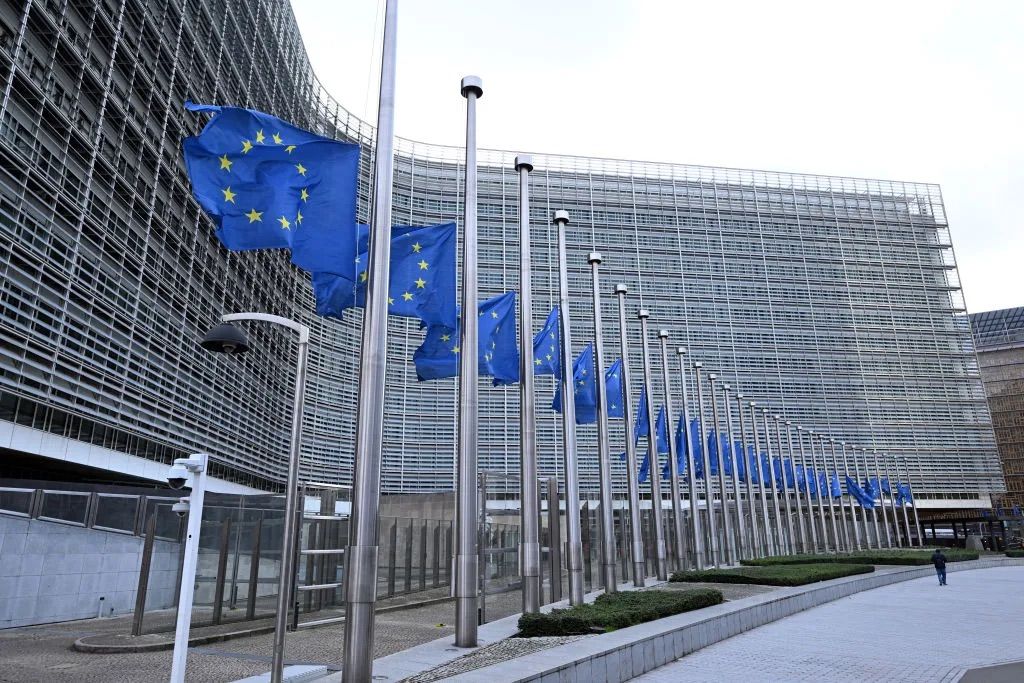n Europe, forming a complex and lucrative network of trade. In today’s global economy, Russia and China are using a modern version of the Silk Road to circumvent international sanctions, allowing them to continue their illicit activities. These routes do not necessarily involve physical roads or caravans, but instead rely on financial institutions and trading partners around the world to facilitate the flow of goods and funds. The use of this “silk road around sanctions” poses a significant challenge to Western efforts to hold these countries accountable for their actions. The West must now find new ways to counter these evasion tactics and prevent the erosion of international sanctions regimes.
Authorities in Western countries are increasingly concerned about the use of complex financial networks to bypass sanctions imposed on Russia and China. With the help of complicit financial institutions, these countries are able to access crucial resources and technologies that are essential for their military capabilities. By exploiting loopholes and using intermediaries in various jurisdictions, Russia and China can continue to acquire dual-use goods and technologies that are restricted by sanctions regimes. This not only undermines the effectiveness of sanctions but also enables these countries to maintain their aggressive foreign policies and military actions. Western governments must work together to close these loopholes and strengthen their enforcement of sanctions to prevent further abuse.
The proposal put forth by France and the Netherlands to introduce a ban on transactions with financial institutions that assist the Russian military in purchasing dual-use goods and technologies is a step in the right direction. By cutting off access to crucial resources, the EU can limit Russia’s ability to sustain its war efforts in Ukraine. This measure could also serve as a deterrent to other countries that might be considering similar transactions with Russia. Additionally, by extending the ban to financial institutions worldwide, the EU can prevent sanctions evasion through third-party intermediaries in regions like the Middle East and Turkey. This could disrupt the flow of dual-use technologies to Russia and put pressure on countries like China to reconsider their dealings with Moscow.
The EU’s approach to sanctions enforcement must be adaptive and responsive to evolving tactics used by sanctioned countries to circumvent restrictions. The ability to quickly identify and close loopholes in existing sanctions regimes is crucial to maintaining their effectiveness. By collaborating with international partners and sharing information on sanctions evasion tactics, the EU can strengthen its enforcement capabilities and prevent sanctioned countries from exploiting vulnerabilities in the system. This requires a coordinated effort to monitor financial flows, track illicit transactions, and take swift action to disrupt sanctions evasion networks.
As the EU prepares to introduce its 14th round of sanctions in response to Russia’s invasion of Ukraine, it is clear that a more robust and comprehensive strategy is needed to address the challenges posed by countries like Russia and China. The use of financial networks to bypass sanctions highlights the need for stronger measures to combat sanctions evasion and ensure compliance with international norms. By targeting financial institutions that facilitate illicit transactions, the EU can disrupt the flow of resources to sanctioned countries and prevent them from further destabilizing regions through military aggression. It is essential for the EU and its partners to remain vigilant and proactive in their efforts to enforce sanctions and hold accountable those who seek to undermine international peace and security.


